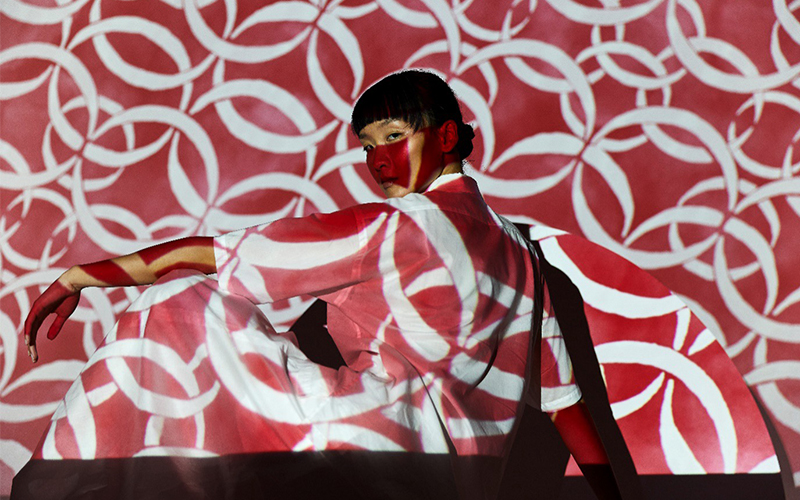
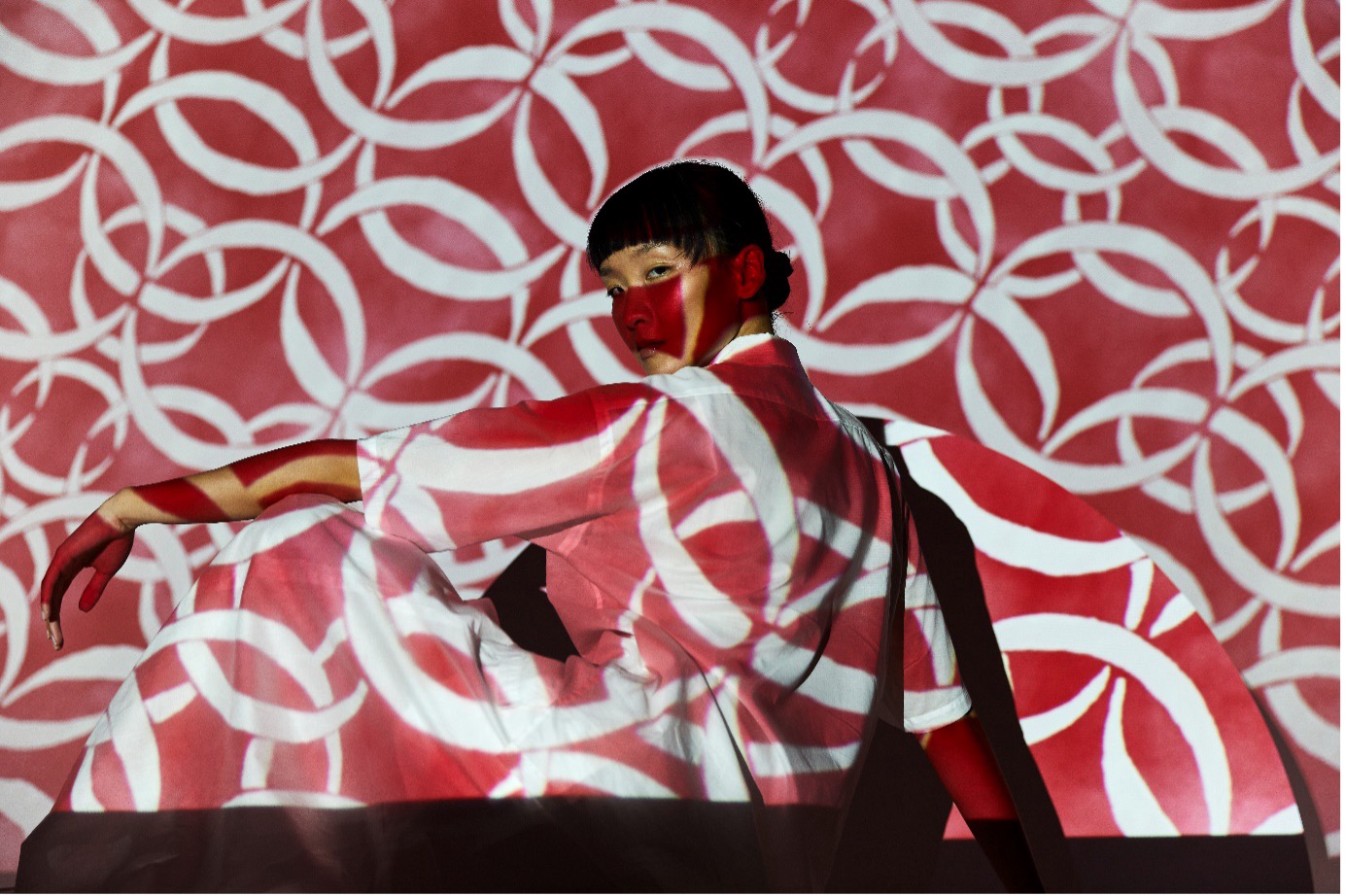
Academics and students work with designers to develop a teaching methodology for AI
Funding for an innovative new research project that will help universities integrate Artificial Intelligence (AI) into their art and design education programmes has recently been secured by the Nottingham School of Art u0026amp; Design, in partnership with Liberty Fabrics, Norwich University of the Arts, and University of the Arts London (Chelsea).rn
The project is one of only 18 to be funded this year by the Quality Assurance Agency for Higher Education (QAA) under its Collaborative Enhancement Projects scheme for 2024. The scheme funds groups of institutions to work together on projects to enhance the quality of the student learning experience, offering outputs that benefit the wider QAA Membership and the HE sector as a whole.
Involving students and academics from three HE institutions, and working closely with industry partner Liberty Fabrics, the project will investigate how AI tools can be used to help and influence the design process, exploring how this learning can be used to integrate AI into art and design education at HE level.
With AI research more often focused on language, the impact of AI in HE art and design education is dramatic and has not yet been fully explored or understood. The design industry is also trying to understand how these new tools can help and influence the design process with AI-generated imagery opening up a multitude of possibilities.
Generative AI, such as Midjourney and Stable Diffusion, raises many unanswered questions around the potential impact on future job roles, ethical concerns, copyright and ownership, and the creative process itself for designers.
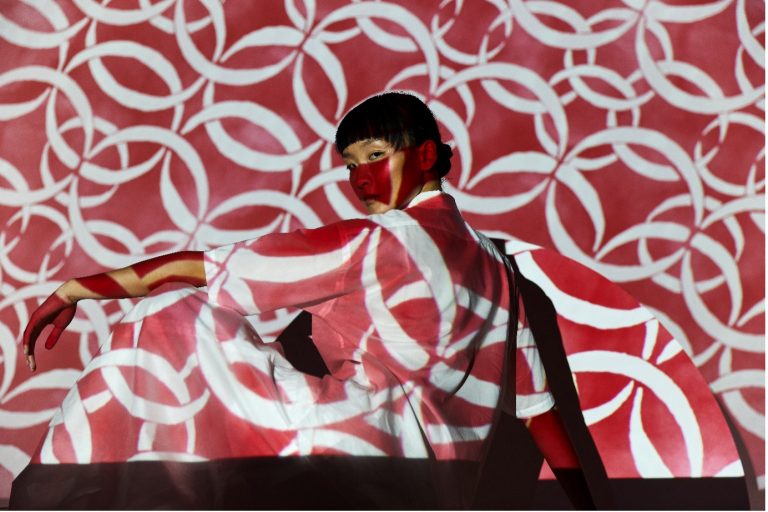
Photography copyright (c) Liberty
“As the debate around the use of AI generated art work continues to build, it is an important time for Universities to lead in defining how this can be integrated into a student’s repertoire of skills. To be able to offer a framework in which to build confidence, explore ethical considerations and identify authentic applications will provide an excellent foundation for all our creative futures.”
Natalie Brown, Deputy Dean of the Nottingham School of Art & Design at Nottingham Trent University, said:
“As AI continues to rapidly evolve, it is vital that universities consider not only how this will affect the way we experience and create art, design and other creative subjects, but how student skills can be honed and future-proofed to rise to this new creative challenge.”
Liberty is known for its links to art and culture, showcasing new products and championing new designers. The project will involve students and academics from three Institutions, working alongside the iconic Liberty Fabrics design studios exploring the capabilities and limitations of AI within the designer’s toolkit and how it affects the designers’ workflow. This new learning will benefit all participants as they share their experiences of exploring AI in the design process.
Through collaboration and co-design, this new project will identify a teaching methodology resulting in the creation of an online toolkit for universities, providing them with the support needed to integrate AI into the teaching and learning of their art and design programmes.
This new research further strengthens Nottingham School of Art & Design’s impressive standing as an HE leader in the field of Art & Design; a reputation that will be further enhanced when NTU’s dedicated new Design & Digital Arts building opens on campus later this spring.
Using AI in learning and teaching in art and design’ is a Collaborative Enhancement Project supported and funded by QAA Membership. The project is led by Nottingham Trent University in partnership with Liberty Fabrics, Norwich University of the Arts and University of the Arts London (Chelsea).
Find out more about Collaborative Enhancement Projects on the QAA website (opens in a new window)Related News
-
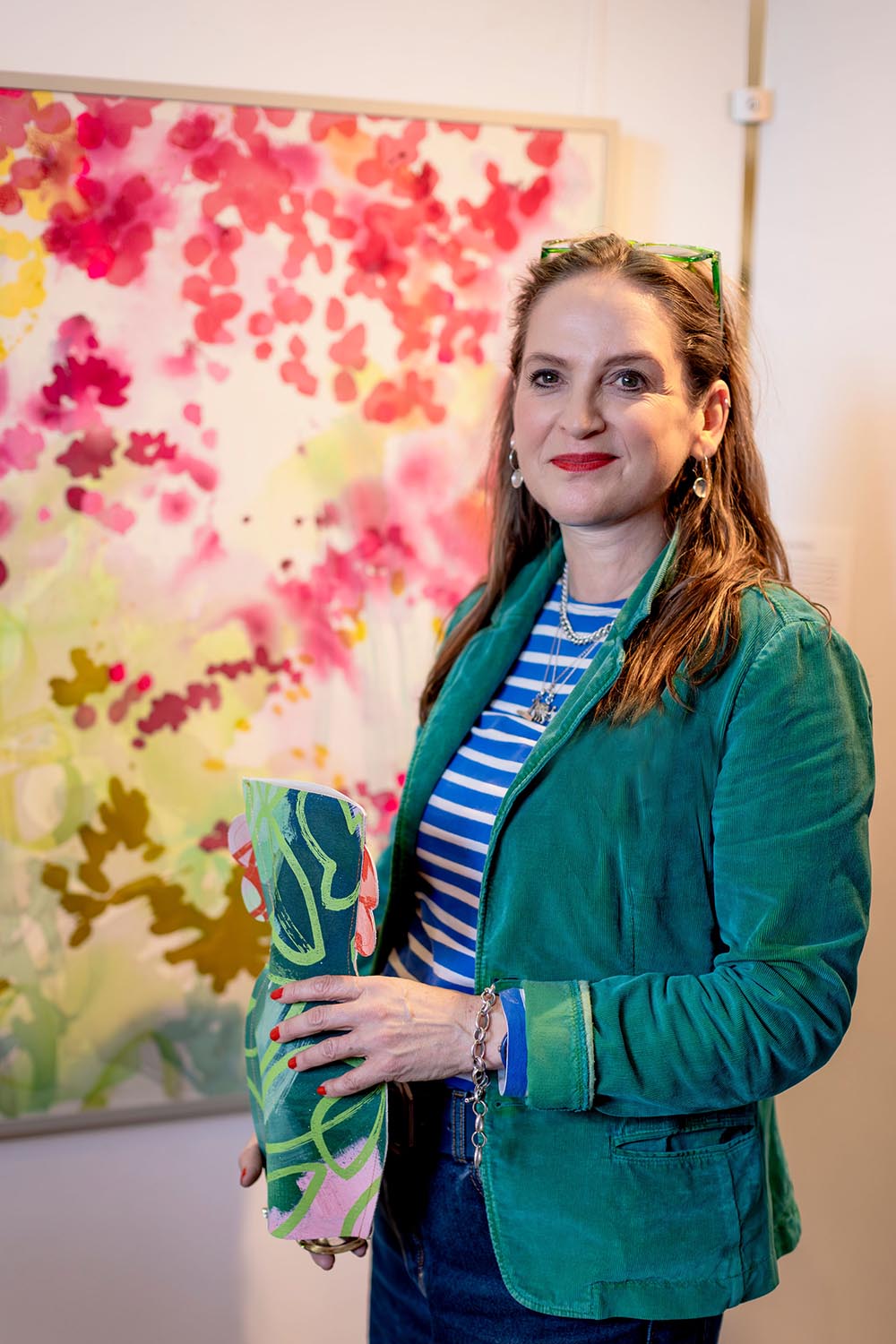 BA Textile Design •
BA Textile Design •In conversation with: Lucy Perry, MA Textile Design
Lucy shares her experience of creating a 360° digital installation, in a collaborative exploration of nature and technology. -
 Institution •
Institution •Norwich University of the Arts earns prestigious 5-star QS Star Excellence rating fo Teaching
Norwich University of the Arts has been awarded an overall four-star rating in the prestigious QS Stars University Ratings, marking a significant milestone in the University’s first-ever submission to the internationally recognised assessment framework. -
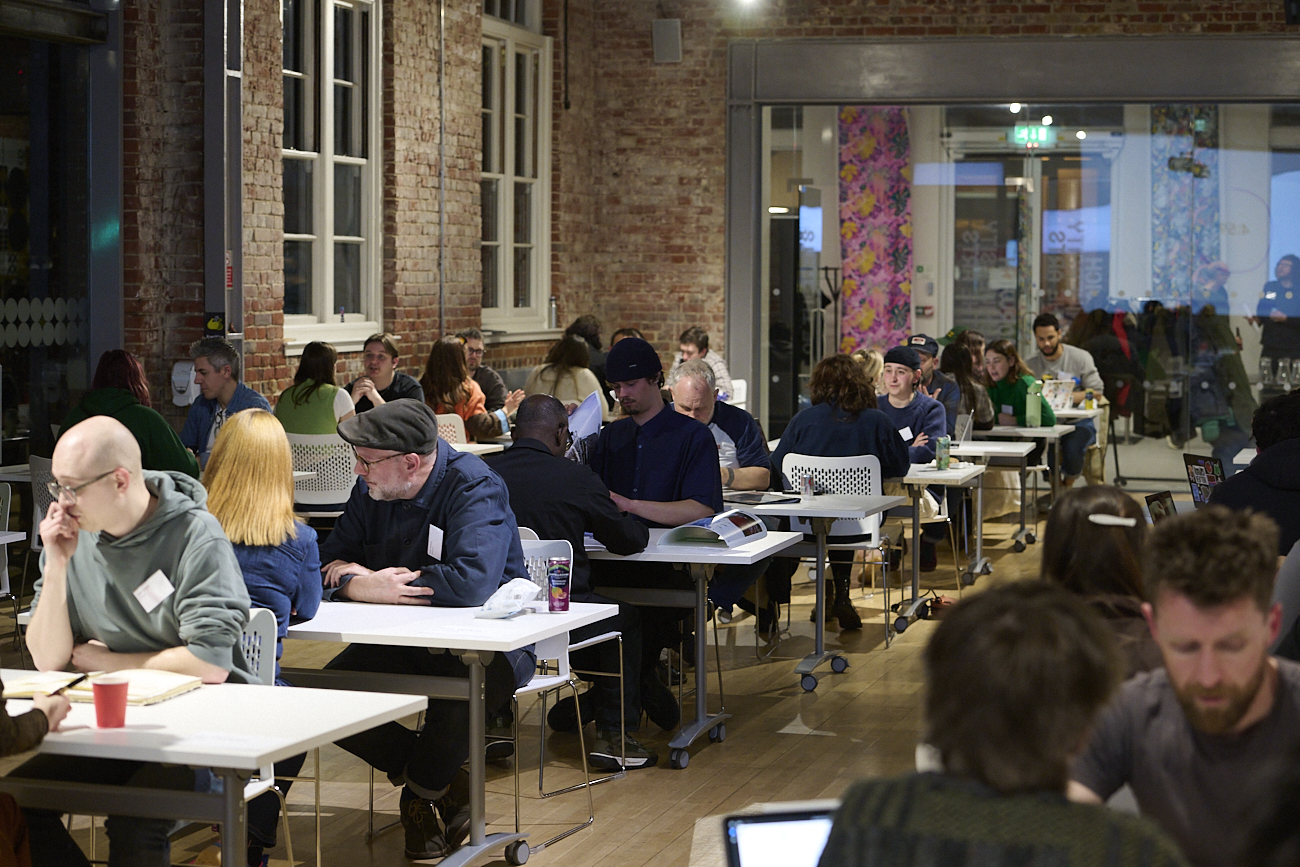 Employability •
Employability •Norwich University of the Arts celebrates 10 years of the Big Book Crit
Hundreds of Norwich students have shared their work with leading creative professionals over the last decade. -
 East Gallery •
East Gallery •Announcing the East Gallery Fellows 2025-2026
Norwich University of the Arts is pleased to announce the selected awardees of this year's East Gallery Fellowship. -
 BA Business Management •
BA Business Management •Dean of Creative Education Awarded Prestigious Principal Fellowship from Advance HE
The University is delighted to announce that Hilary Carlisle, Dean of Creative Education and Professor of Design, has been awarded Principal Fellowship of the Higher Education Academy (PFHEA) by Advance HE -
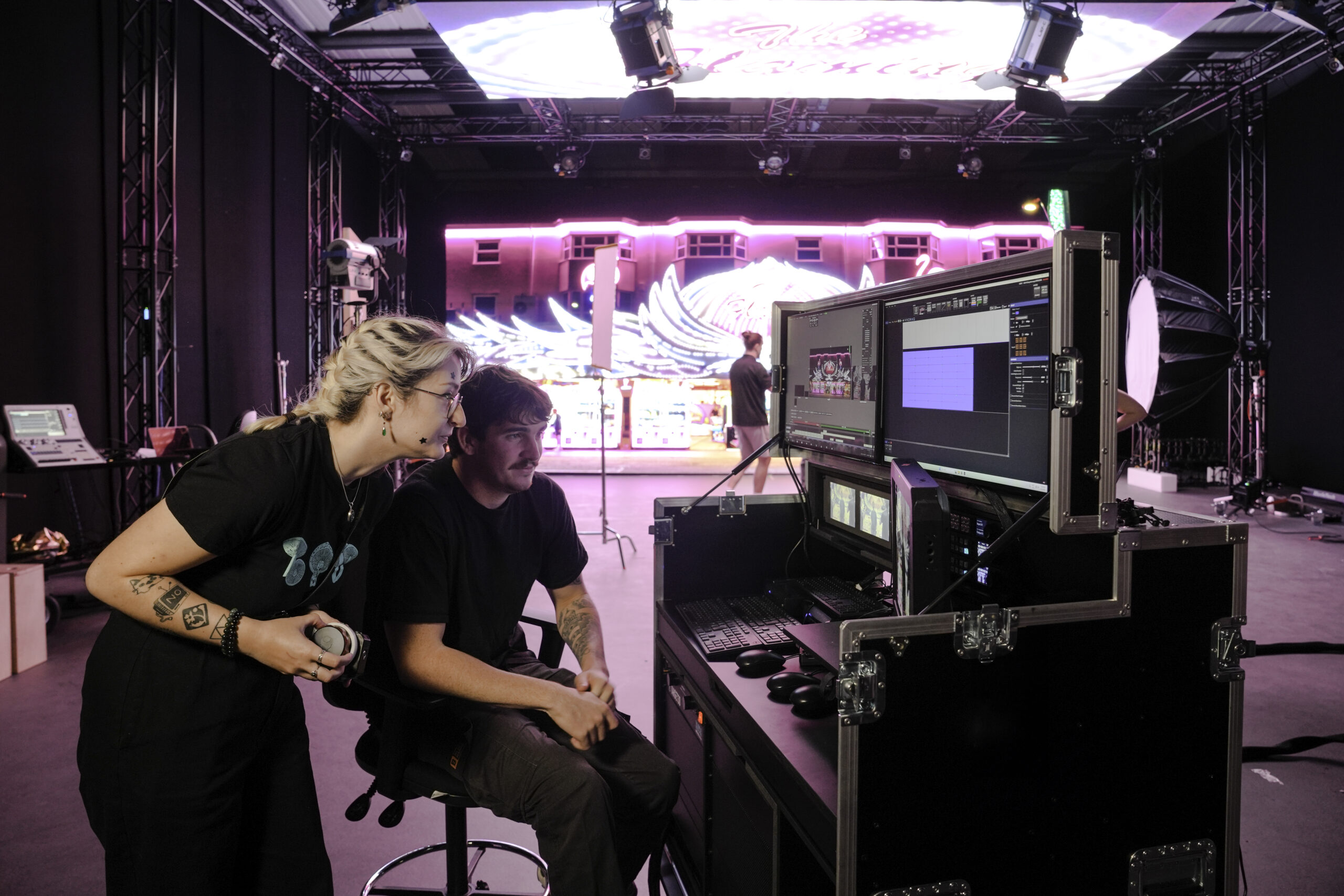 BA Degree •
BA Degree •Norwich University of the Arts to Host ELIA Academy 2027
Norwich University of the Arts is delighted to announce that it has been selected as the host institution for the ELIA Academy 2027. -
 BA Business Management •
BA Business Management •In conversation with Norwich’s newest lecturers in Marketing and Business Management
We joined Norwich's newest lecturers, Stephen Balmer-Walters and Laurie McAllister, to find out more about the University's Marketing and Business Management courses. -
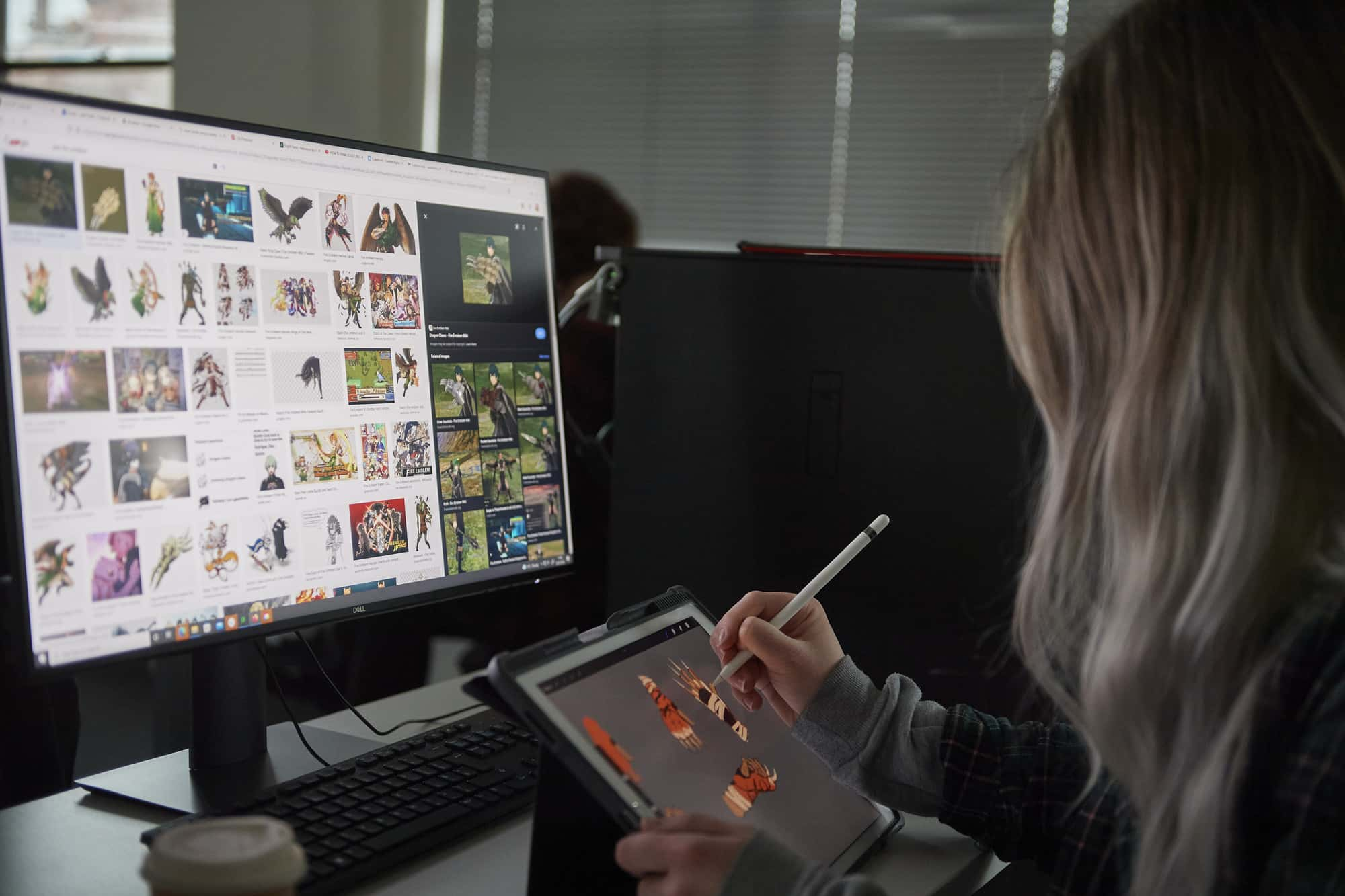 BA Games Art and Design •
BA Games Art and Design •East of England set to become UK’s next Games Cluster, says landmark report
A major new report is calling for the creation of a Games Cluster for the East of England — positioning the region as a national leader in creative technology and immersive media. -
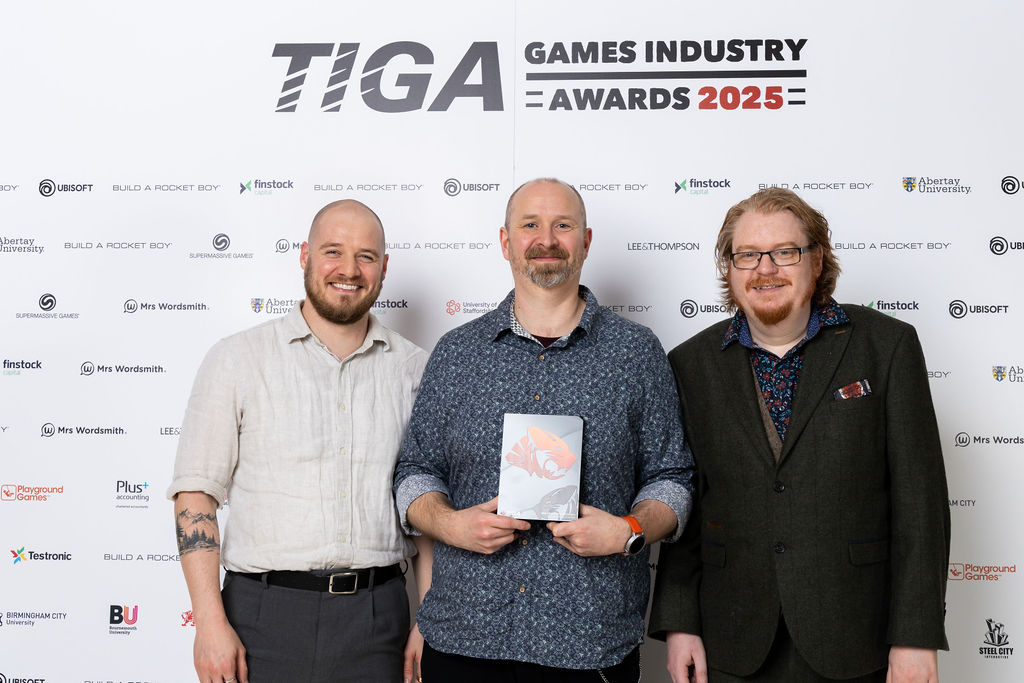 BA Games Art and Design •
BA Games Art and Design •Norwich awarded Best Education Initiative at the TIGA UK Games Industry Awards
TIGA, who represent the UK video games industry, have recognised the University’s commitment to graduate success and industry-focused learning in their 2025 awards. -
 BA Animation •
BA Animation •Cutting edge Sony Virtual Production Studio puts Norwich on the map for the future of film and gaming
Norwich University of the Arts and Sony open new landmark facility for students, creators and the community. -
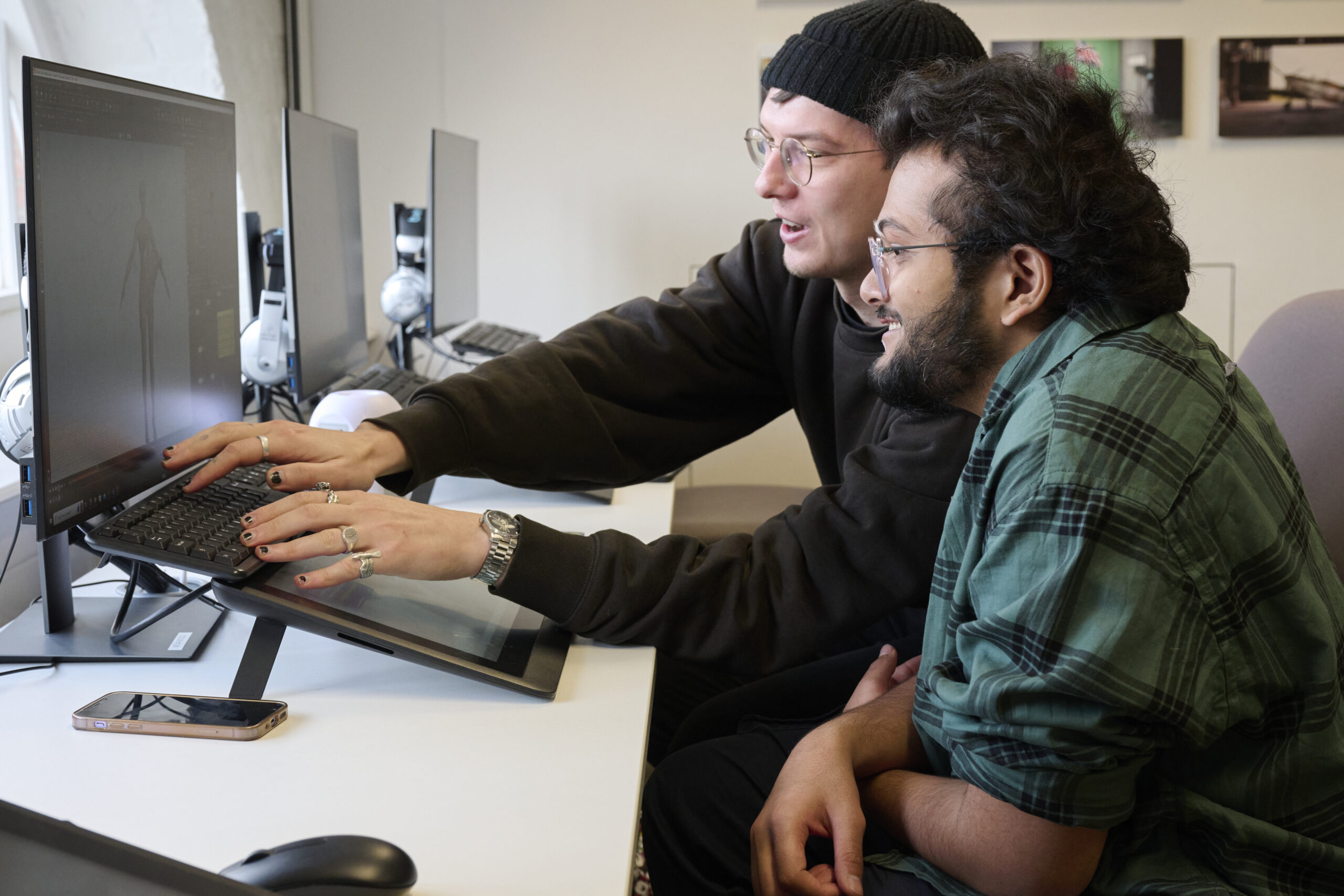 BA Animation •
BA Animation •Norwich named top UK university for production excellence in visual effects
The University has been placed in three categories in the 2025 Rookies Global School Rankings, including the top five for Production Excellence – Visual Effects. -
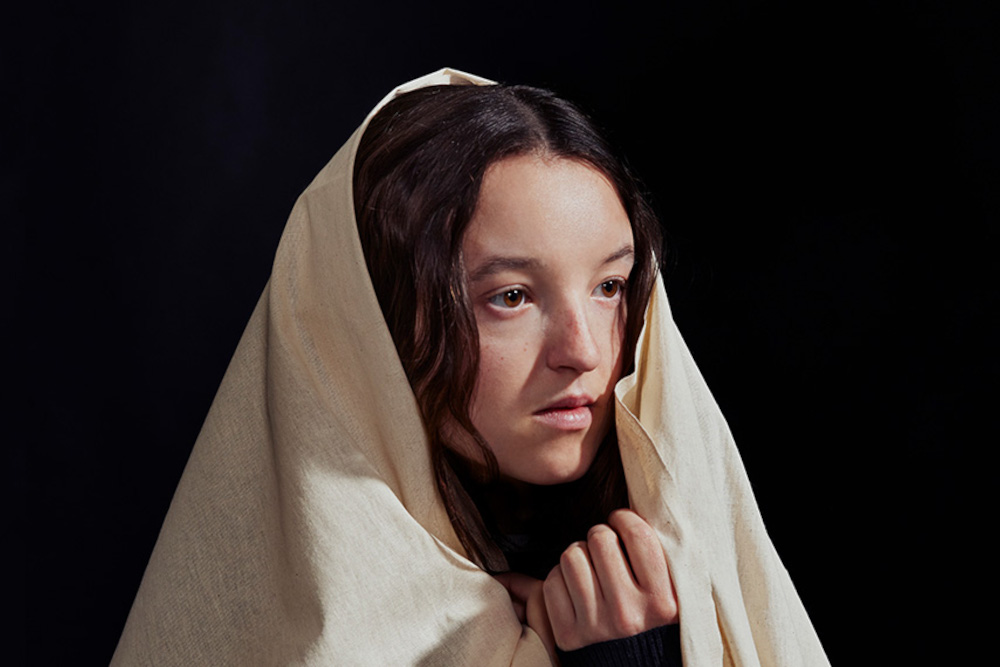 BA Photography •
BA Photography •Entries open for Norwich's 2026 Beyond the Frame photography competition
Entries are now open for our annual photography competition, open to students aged 11 to 19 around the world. -
 BSc Degree •
BSc Degree •Norwich University welcomes new academics to its Psychology and Computer Science courses
Lyndsey Wallace joins the University as Senior Lecturer for BSc (Hons) Psychology, with Jawwad Chattha joining as Course Leader for BSc (Hons) Computer Science. -
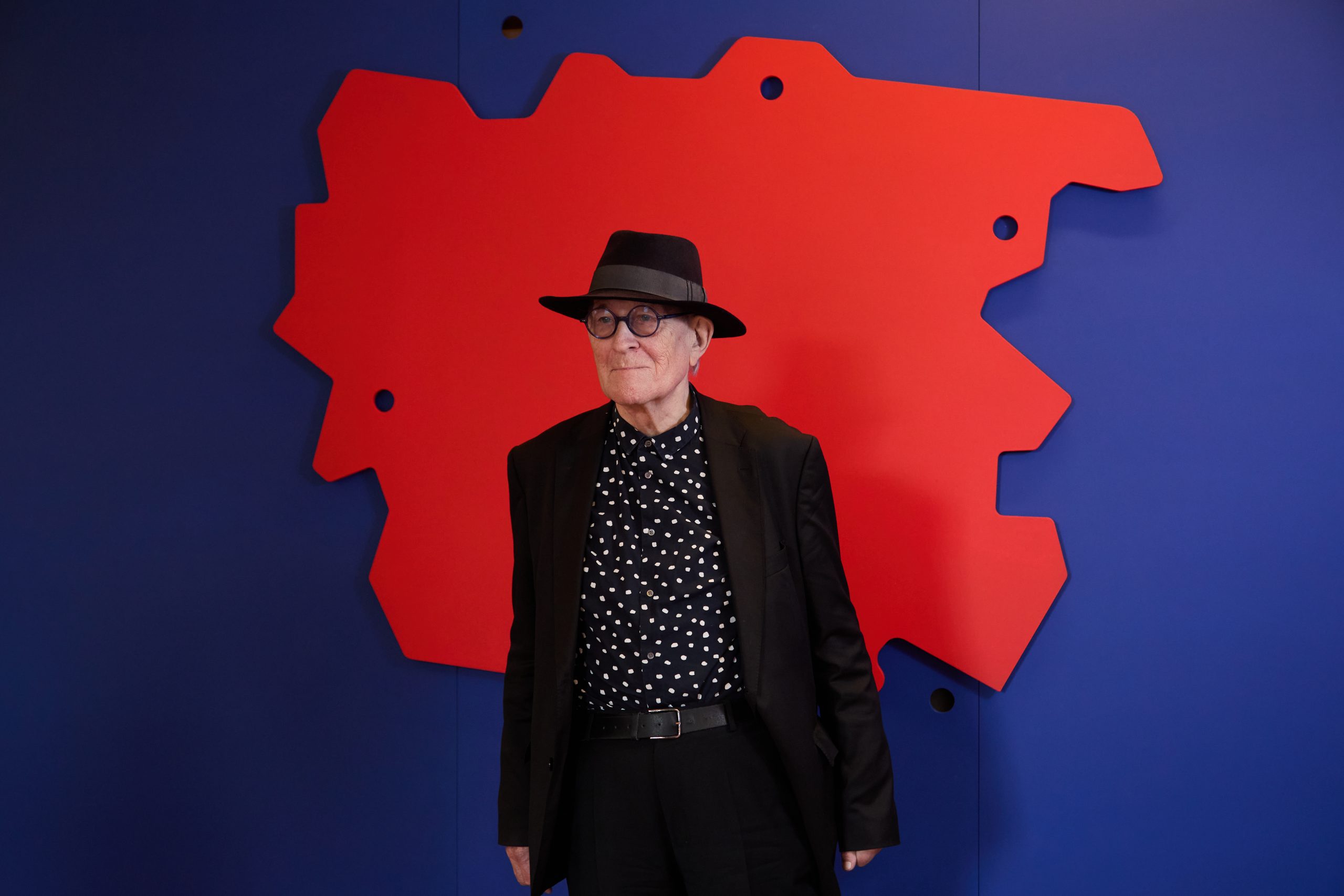 BA Architecture •
BA Architecture •Norwich University of the Arts presents the Peter Cook: Wonder Hub
Norwich University has launched the Peter Cook: Wonder Hub, a vibrant and interactive space for thinking, making, showcasing and debating the creative arts. -
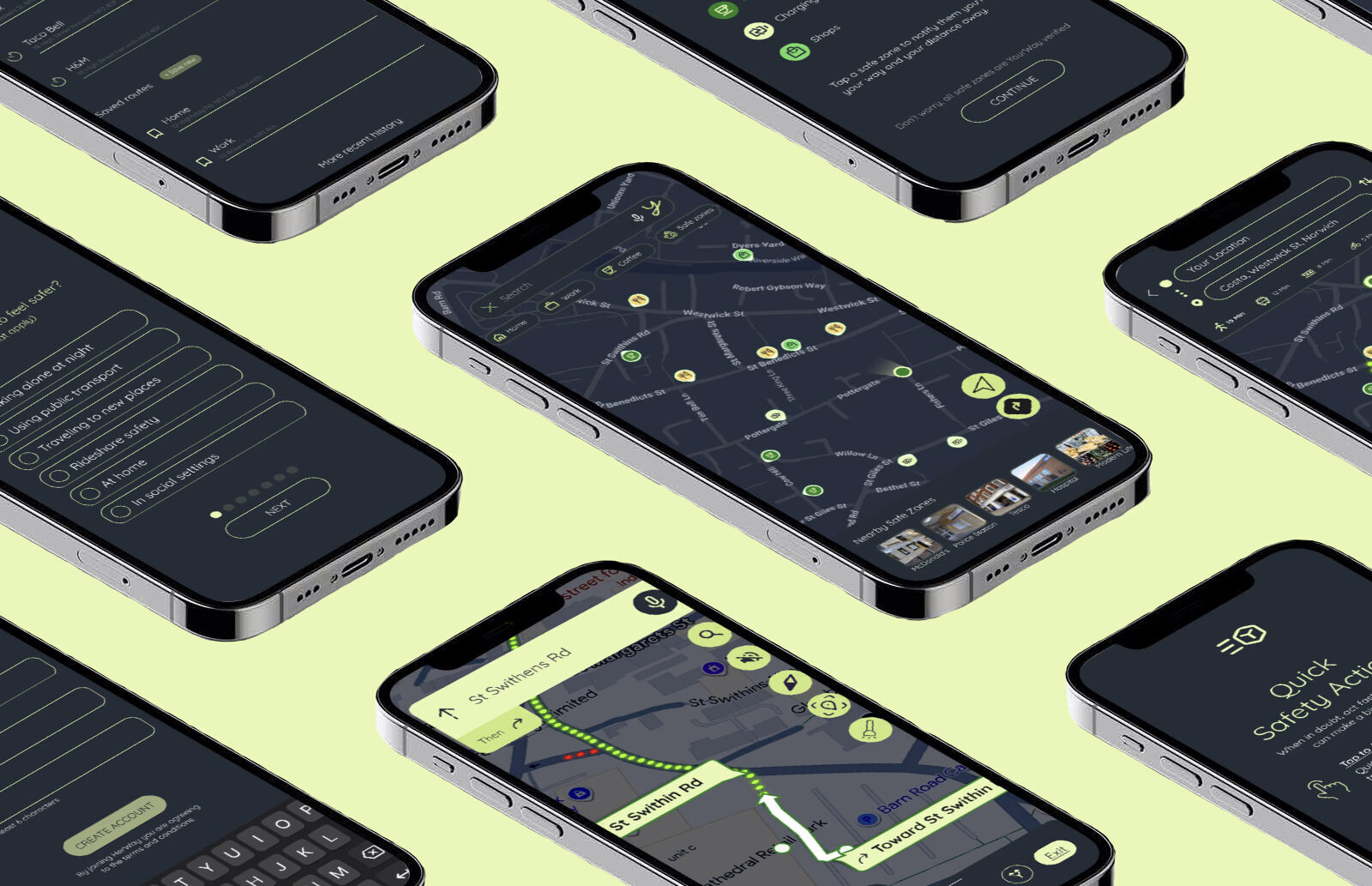 BA Graphic Communication •
BA Graphic Communication •Norwich students celebrate success at 2025 Creative Conscience Awards
Students from Norwich University of the Arts have been recognised across categories in this year’s awards, which showcase work focusing on social or environmental impact -
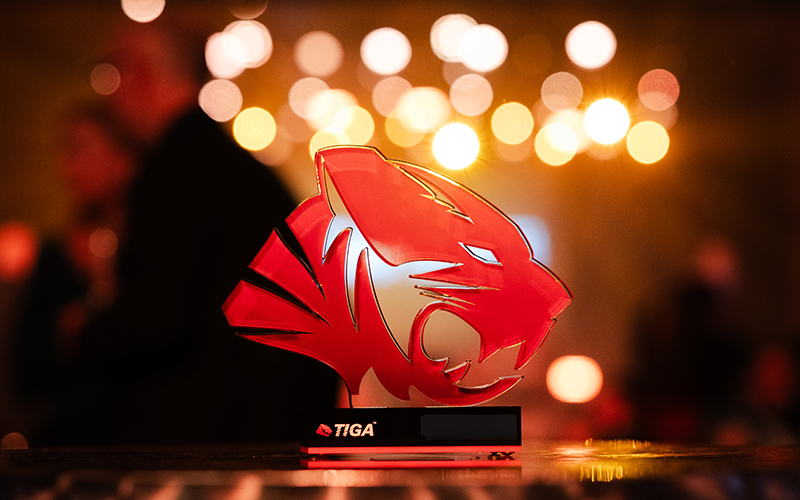 BA Games Art and Design •
BA Games Art and Design •Norwich graduates recognised at TIGA UK Games Education Awards
Charlie O'Shea, BA (Hons) Games Art and Design has been named 'Outstanding TIGA Graduate of the Year: Designer'
Related courses
-
Visit the Textile Design BA (Hons) course page
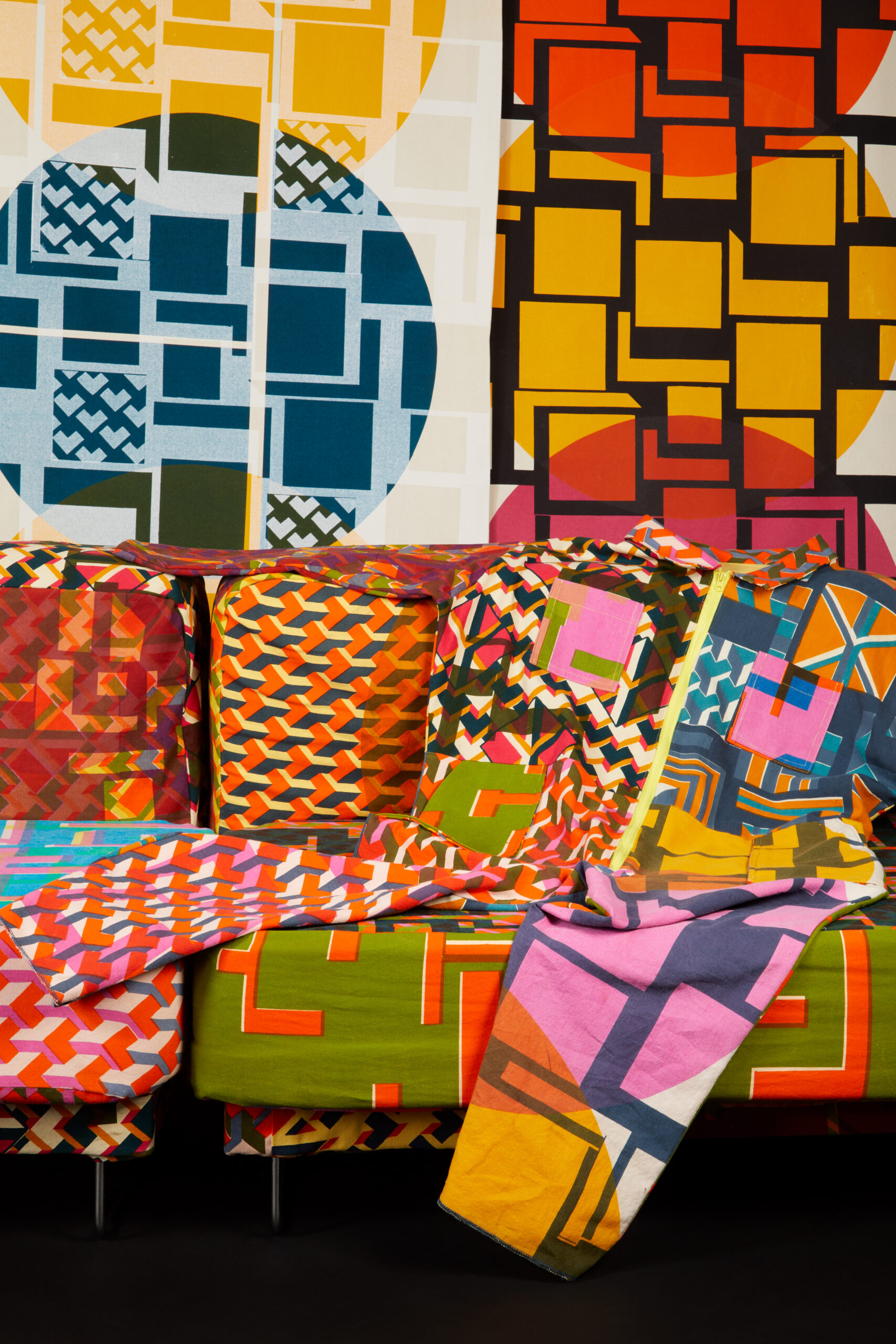
- Filter courses by study level: Undergraduate
- Filter courses by duration: Full time
- Filter courses by start month: September
- Filter courses by subject: Textile Design
Textile Design BA (Hons)
BA (Hons) Textile Design at Norwich is the right choice for the curious and creative student with an interest in shaping our world as a responsible designer.